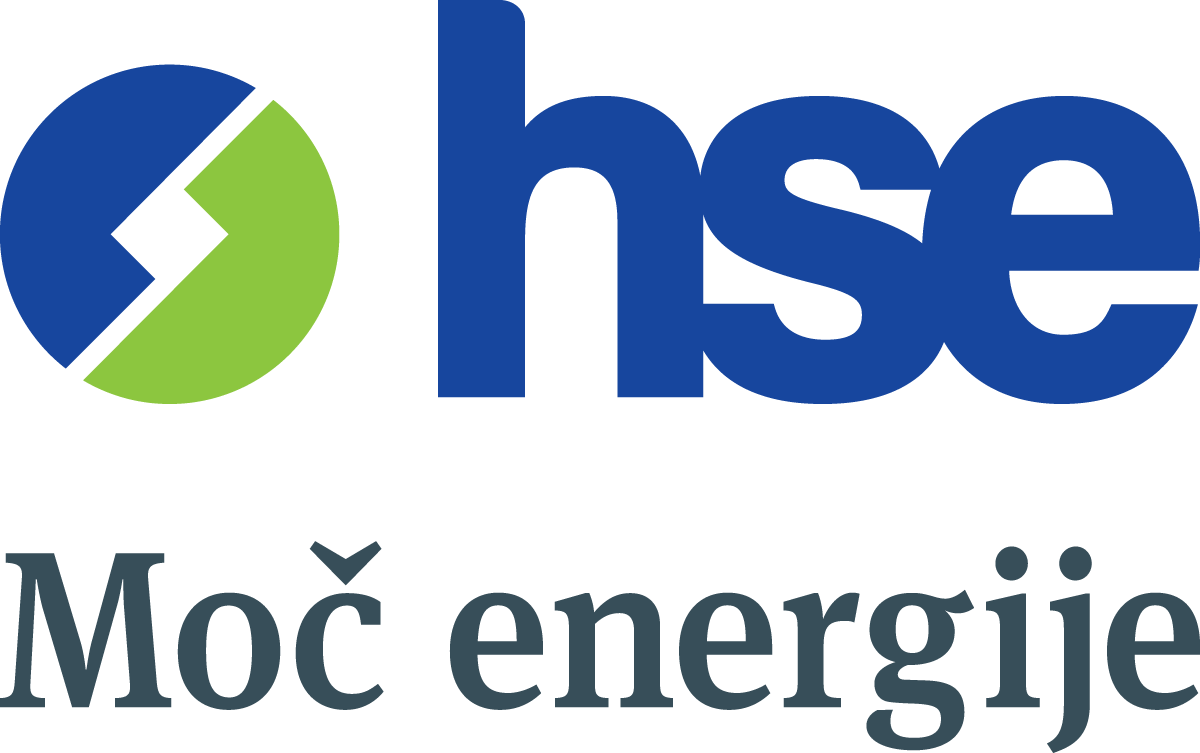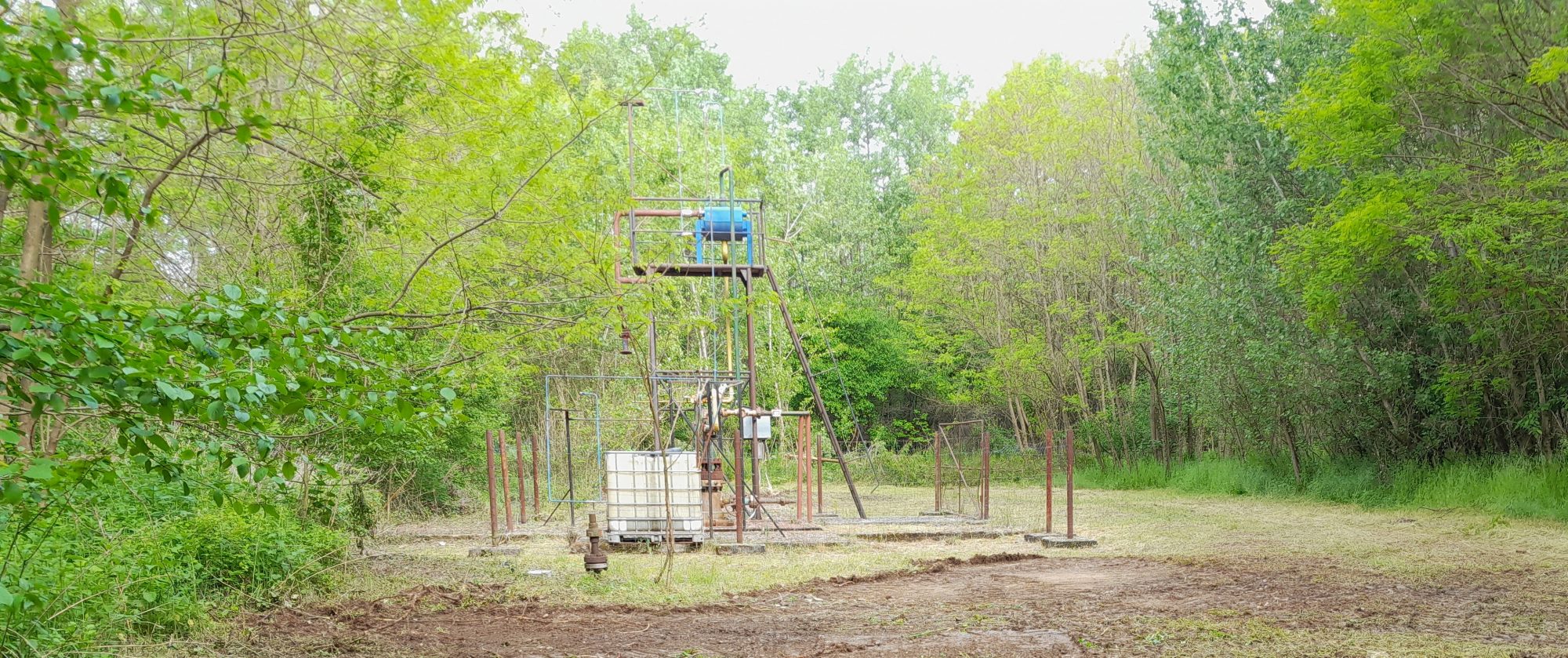Dravske Elektrarne Maribor (DEM), a company of the Holding Slovenske Elektrarne Group, has received a building permit from the Lendava Administrative Unit for the construction of a geothermal power plant on the Pg-8 wellbore, which will serve as a good practice demonstration project and enable increased use of geothermal energy.
The pilot research project in the village of Čentiba in the Municipality of Lendava will exploit the geothermal energy potential of the existing dry and unproductive wellbore, which has a depth of approximately three thousand metres, and is the first of its kind in Slovenia. It is a fully closed system in which liquid refrigerant (ammonia) does not come into contact with the overheated rock. The Pg-8 wellbore is tubed (steel cladding lining the wellbore) and cemented and, as such, is completely sealed. A two-pipe system about a thousand metres long will be inserted into this sealed wellbore. The geothermal power plant on the Pg-8 wellbore will consist of an underground section, i.e. gravitational tube and an above-ground section, i.e. cooling system and engine room.
From a technical point of view, the gravitational tube is a bore in which two parallel pipes of different diameters are inserted. Liquid refrigerant will be introduced from the surface through the smaller diameter pipe and be drawn downwards by gravity and, with proper regulation, slowly evaporate as the temperature increases with depth. The superheated refrigerant vapour returns to the surface through the larger diameter pipe, which is used to generate electricity with an Organic Rankine Cycle (ORC)-like plant. The function of the cooling system is to dissipate the excess heat of the medium after the electricity production ends. The engine room will be housed in a container located next to the wellbore.
Damjan Seme, Director of DEM, said on the occasion: “What is special about this pilot geothermal device is the use of a geothermal gravitational heat pipe, which enables a closed circulation of refrigerant and that only one dry well is required for the power plant to operate. The power plant will thus operate without gas and other emissions. The advantage of geothermal power plants is a completely closed system that prevents heat loss as well as refrigerant loss. Special equipment and sealing materials adapted for contact with ammonia will be used for the planned development, ensuring maximum safety.”
The next step in the project is rehabilitation of the Pg-8 wellbore, installation of a geothermal gravitational pipe and a leakproofness test. This will be followed by installation of the above-ground section of the geothermal power plant and testing of the productivity of the wellbore and of all equipment. It is envisaged that testing could begin in July 2023 and, if tests are successful, the power plant would go into regular operation in April 2024.
Aleksander Brunčko, Director General of DEM, added: “This pilot project is a niche market on a global scale. The concept of exploitation of geothermal energy in the described way is patented and Dravske Elektrarne Maribor have the exclusive right to use this patent. The pilot project will be the first application of this patent, which is the product of Slovenian know-how. The implementation, which represents a new step on the path of the development of and transition to a low-carbon society for all project partners, is an added value both for the local community and for the whole of Slovenia. We are particularly pleased that we combined the know-how, experience and interest of the Slovenian companies Petrol Geo and Nafta Lendava with the support and planned participation of the Municipality of Lendava”.
If the pilot project yields favourable results, this concept could be used in other abandoned wellbores in Slovenia and around the world. The project thus represents an important milestone for the development of geothermal energy and contributes to reducing pollution from abandoned wellbores around the world.
Together with Petrol Geo, the Faculty of Chemistry and Chemical Engineering in Maribor and the Geological Survey of Slovenia, last autumn the company Dravske Elektrarne Maribor applied with this project for the “Public call for applications for co-financing of projects within the Climate Change Mitigation and Adaptation programme”, co-financed by the EEA and Norway Grants and the related Slovenian participation, published by the Government Office for Development and European Cohesion Policy. In April, the company DEM received a decision to allocate EUR 730,000 for the co-financing of the project, which is an additional indicator that this is a promising project.








